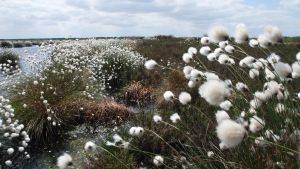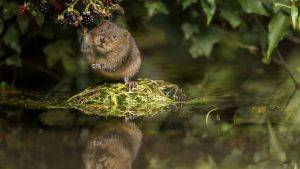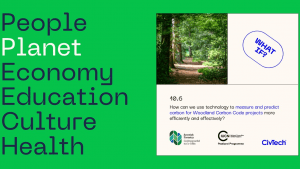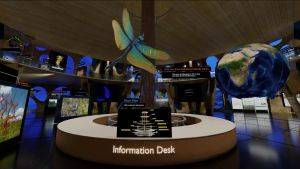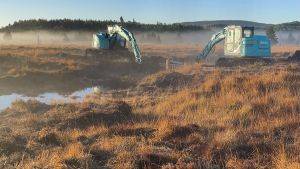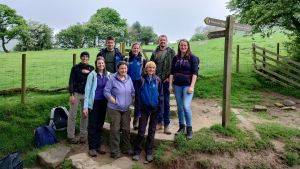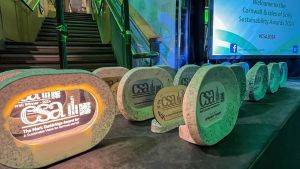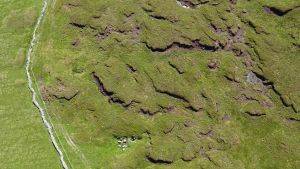Pumlumon Project
Introduction
The Pumlumon Project (PP) is a flagship project of the Wildlife Trusts (WT), lead by the Montgomeryshire Wildlife Trust (MWT), pioneering an upland economy built around wildlife, ecology and long-term sustainability across 40,000ha of the Cambrian Mountain range.
From its inception in 2007, the PP has been built around addressing the specific problems and opportunities of an area of upland Wales, piloting an integrated approach whereby ecosystem services (i.e. biodiversity, water quality, flood risk reduction, carbon safeguarding) can be delivered via the mechanism of sustainable land management. This economic-based approach to ecosystem management in the uplands was a significant departure for the WTs but given the current and future pressures affecting the uplands in Wales, it was also necessary if we were to work with farmers to support a robust and resilient landscape. Another key element of the project was the introduction of scientifically validated habitat and hydrological monitoring to ensure that any changes in the delivery of ecosystem services as a result of the project were quantified. This information has been essential when working with policy makers and the private sector to influence future funding schemes (e.g. Glastir – Welsh Agri-environment scheme initiated in 2012)
Description
At the core of the project is the 5,000ha Pumlumon SSSI, but the entirety of the project area supports a mosaic of habitats including blanket bog, heathland, acid grassland, gully woodland, semi-improved and improved grassland and conifer plantation. Five catchments are also found within the project area including the nationally important Severn, Wye and Usk rivers. Prior to the project the primary service delivered by the area was food production. However, land management interventions instituted by the project including ditch blocking, hardwood tree planting, and changes in grazing management now also support a range of additional ecosystem services.
Project Aims
In practice, the PP delivers a number of ecosystems service benefits, including safeguarding the store of carbon locked in upland peat soils, carbon sequestration from more rapid growth of restored bogs and tree planting, reductions in flood risk through increased water storage, improved water quality through erosion control, enhanced ecosystem function and biodiversity through more appropriate management, production of conservation-grade food, improved access and interpretation for visitors and residents and the creation of new wildlife-based visitor attraction, increasing spend in the local area.
Restoration Delivered
The Pumlumon Project is blocking ditches to increase the water table and reduce emissions.
In one holding they have blocked 11km (6.8 miles) of ditches, restoring 105 ha of peat bog and safeguarding 82,500 tonnes of carbon. The value of this land in carbon terms is around £210/ha, assuming a carbon trading value of £5/tonne.
Project Name: Pumlumon Project
Organisation / Lead partner: Montgomeryshire Wildlife Trust
Location: Powys, Wales
Approximate area covered: 40000 ha
Conservation Status: Site of Special Scientific Interest (SSSI)
Predominately: Upland
Peat Habitats: Blanket bog
Project Type: Restoration, Management, Communications, Citizen science/ community engagement.
Year Project Began: 2007




